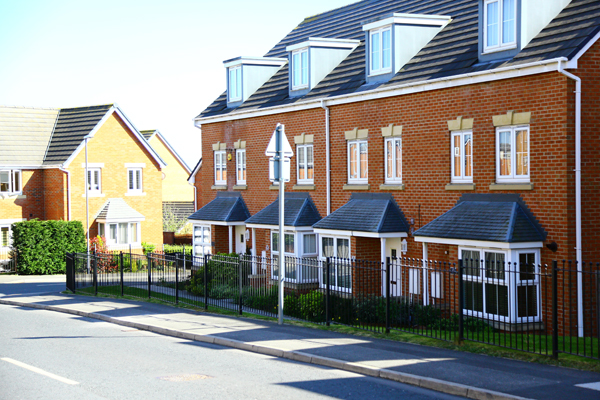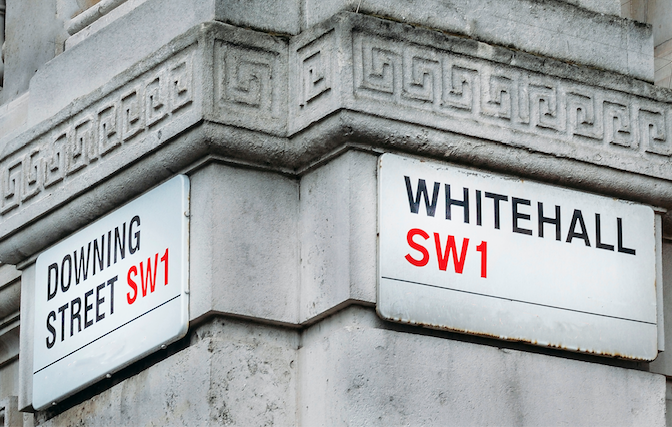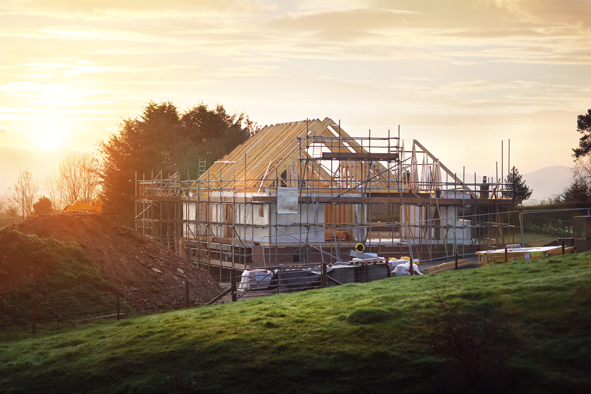TV presenter and architect, George Clarke looks at the lessons we can all learn from the UK’s intrepid self-builders
I love self-build housing. I love self-build housing for a number of very important, but simple reasons.
If someone has the opportunity to self-build their own home, a place they want to live for many years rather than build-to-sell to make a quick profit, then they put their hearts and souls into it.
They care about it so much that they are willing to build something very, very good.
It may even be of a design that is unique and a welcome reaction to the sterile, repetitive blandness often associated with some of the big house builders.






















